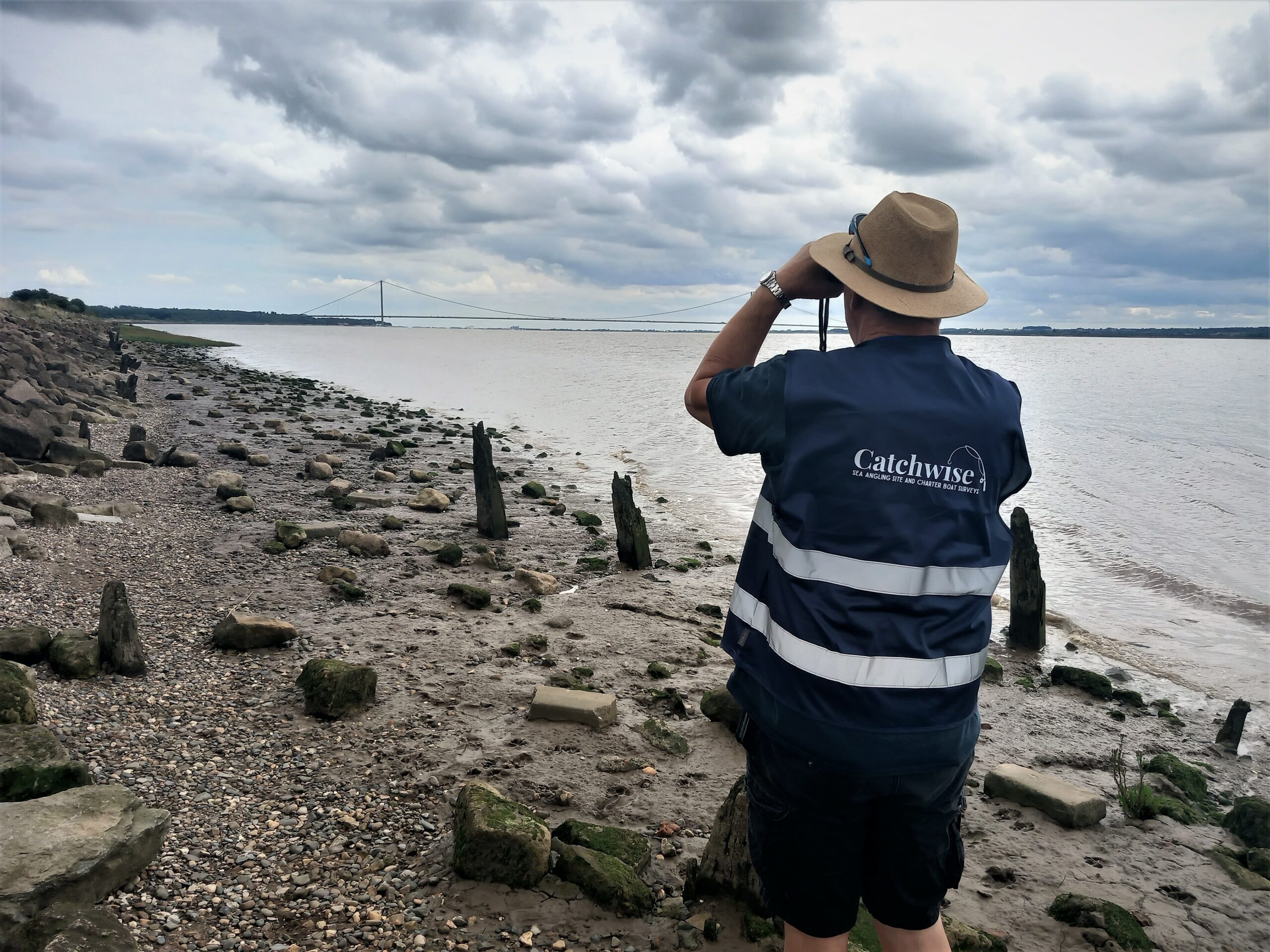
Marine
Why are the Angling Trust involved with Catchwise?
We find ourselves at a pivotal moment in the world of recreational sea angling. Since the UK’s departure from the European Union, the Fisheries Act (2020) has opened new horizons for our beloved sport. It’s an exciting opportunity for us to shape the future of sea angling in England and Wales. We want to ensure better angling experiences, gain further government recognition of the social and economic value sea angling brings to coastal communities, protect our sports interests, obtain investment into sea angling infrastructure across the country and secure sustainable fisheries.
The Sea Angling Diary and Sea Angling 2012 projects have both proved controversial among many sea anglers, leaving some understandably nervous and hesitant to engage in similar projects around catches and fishing habits. And while this data has contributed to angling now being recognised by Defra as a key stakeholder, there is a clear lack of trust that needs to be rebuilt.
Why then, is the Angling Trust a partner in Catchwise?
Politically, the sea angling community finds itself in a very different landscape compared to when Sea Angling 2012 was conducted. With the recognition of recreational sea angling as a stakeholder in UK fisheries management under the Fisheries Act (2020), there is now a greater interest in our sports interactions with fish stocks, species of recreational importance and the socio-economic contribution sea angling makes to coastal communities.
The Fisheries Act (2020) and Fisheries Management Plans both present fantastic opportunities for the sector to influence how our seas are managed, and to finally see the socio-economic recognition our sport deserves. Being a recognised stakeholder means we have more say on how fish stocks are managed and access to new funding opportunities to invest in sea angling across the country. But this newfound stakeholder responsibility creates challenges too, particularly if the data used to inform fisheries policy and decision-making is not accurate or representative.
Data Collection & Sea Angling – Why does it matter?
In the absence of data, where there are concerns for sustainability, the government now have powers to implement what is known as the “precautionary principle”. For example, this may mean that management decisions are put in place under assumptions rather than fact and evidence will be needed to remove that management decision. The Angling Trust remain concerned about what that may mean for angling, we want to ensure that any management decisions are evidence-led and supported by robust data. This is one of the major reasons we need to ensure we have strong data on our sport. Without data, it is becoming increasingly difficult to defend sea angling interests.
Currently, the Sea Angling Diary Project is used by the government as a major source of recreational sea angling data. The Angling Trust understand the vital importance of high-quality data in achieving sustainable fisheries that will support sea angling and coastal communities long into the future. It is, however, deeply concerning to us that, while it is a useful source of data, it has potential for bias from relatively few sea anglers report participating in the diary across England and Wales. This will be particularly important if the Sea Angling Diary data is going to remain a significant source of data in the future. Catchwise is aiming to provide more accurate data on recreational sea angling.
How and why did Catchwise happen?
Following requests through the Angling Trust’s Marine Advisory Group to ground truth the data from the Diary Project, the Angling Trust signed an MoU with Cefas and Substance in 2021. We committed to identifying funding to carry out an on-the-ground survey of sea anglers, charter boats and skippers rather than relying on an existing computer modelling approach. Scientific models and their outputs are only as good as their data inputs. While costs prevent this type of survey from taking place every year, it is important to do them periodically to provide a check and maintain confidence.
Through the Fisheries Act (2020), recreational sea angling now has access to government funding opportunities, such as the Fisheries Industry Science Partnership (FISP) scheme. It is through this funding stream that the ground-truthing survey project, known as Catchwise, is possible. Catchwise will be the first nationwide face-to-face survey of its kind undertaken since Sea Angling 2012, more than a decade ago, and is taking place for 12-months across England and Wales. You can learn more about Catchwise and how to get involved here.
How will the Angling Trust ensure this project supports sea anglers and our concerns are heard?
The Angling Trust is clear that our involvement in this collaborative project is in the interests of sea anglers and we will continue to defend those interests. Catchwise is a data collection project that aims to gather as representative a picture of sea angling activity across England and Wales as possible. It is not a decision-making project nor is it an aim of the project to implement management or restrictions on sea angling. Obtaining more accurate data on recreational sea angling is in the best interests for our sport.
The Angling Trust want to ensure sea angling voices and concerns are heard throughout the project. We have pushed for a balanced advisory group to regular review and feedback as the project develops. With support from organisations like the Angling Trades Association, Professional Boatmans Association and Institute of Fisheries Management, we are confident that the interests of the sea angling community will be reflected throughout this project.
Sea anglers can get in touch with the Catchwise Project Manager – Galini Samlidou with any queries or views they may have [email protected]
As recreational sea anglers, it’s essential to stay informed and engaged in matters that directly impact the health of our ocean and the future of our sport. The Angling Trust is committed to fighting for fish, fishing and the environment.
Become a member of the Angling Trust today and pledge your support.
You might also like
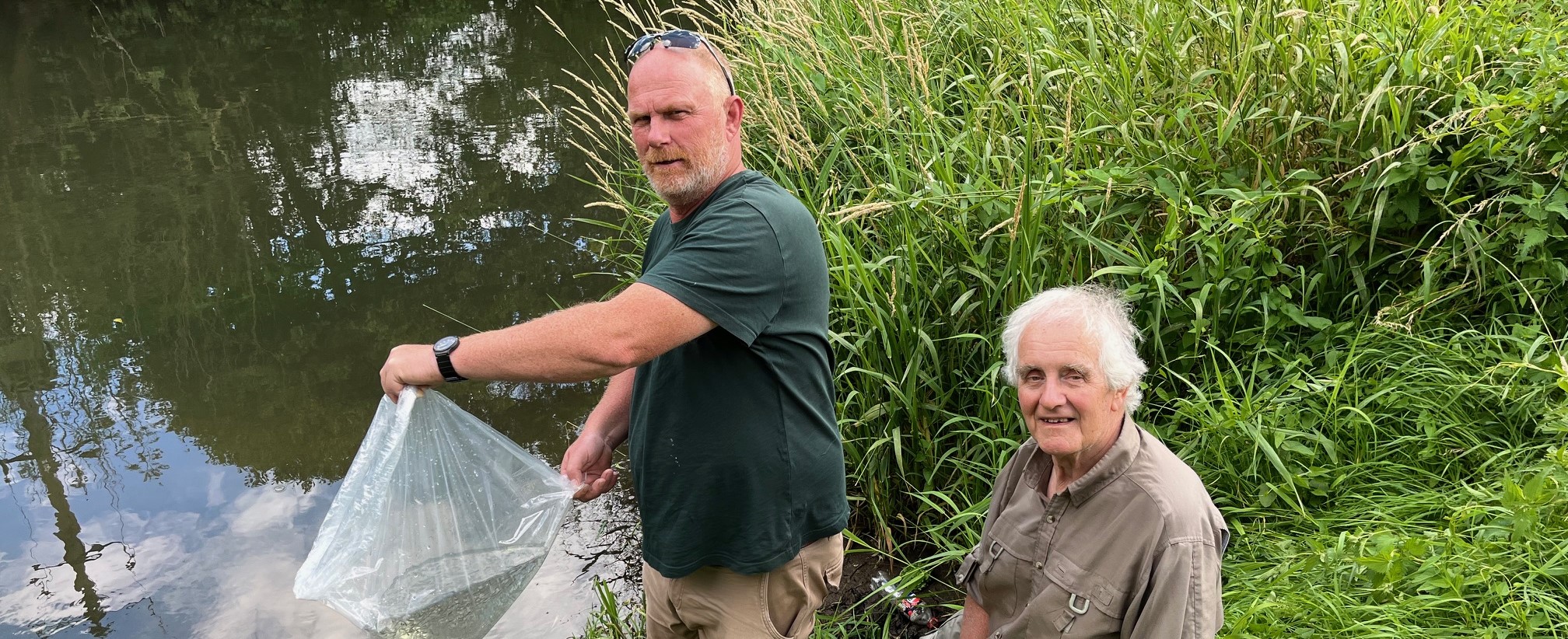
New Kennet Hatchery Releases First Reared Fish
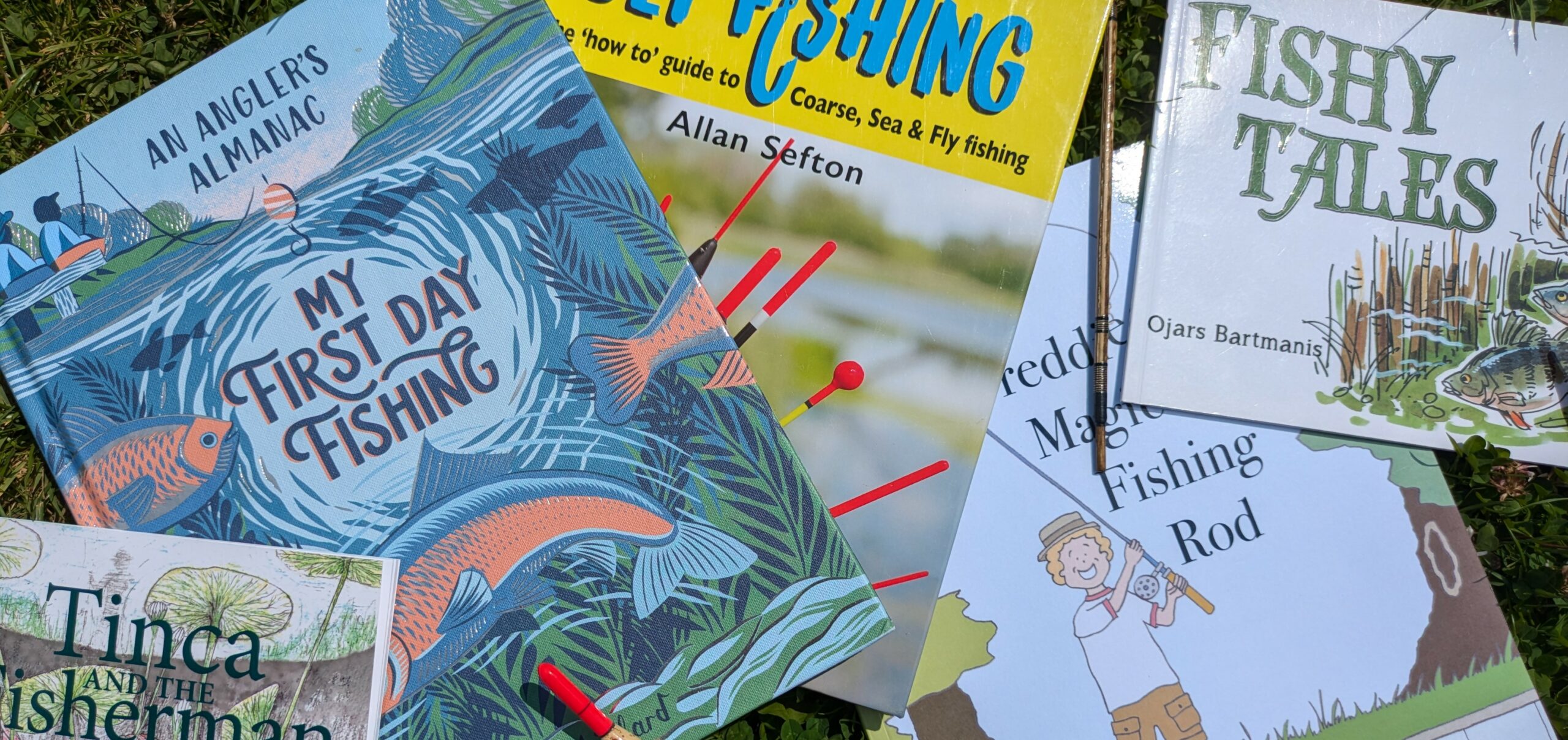
Fishing Books for Kids

UK Recreational Catch-and-Release Bluefin Tuna: A step closer to…
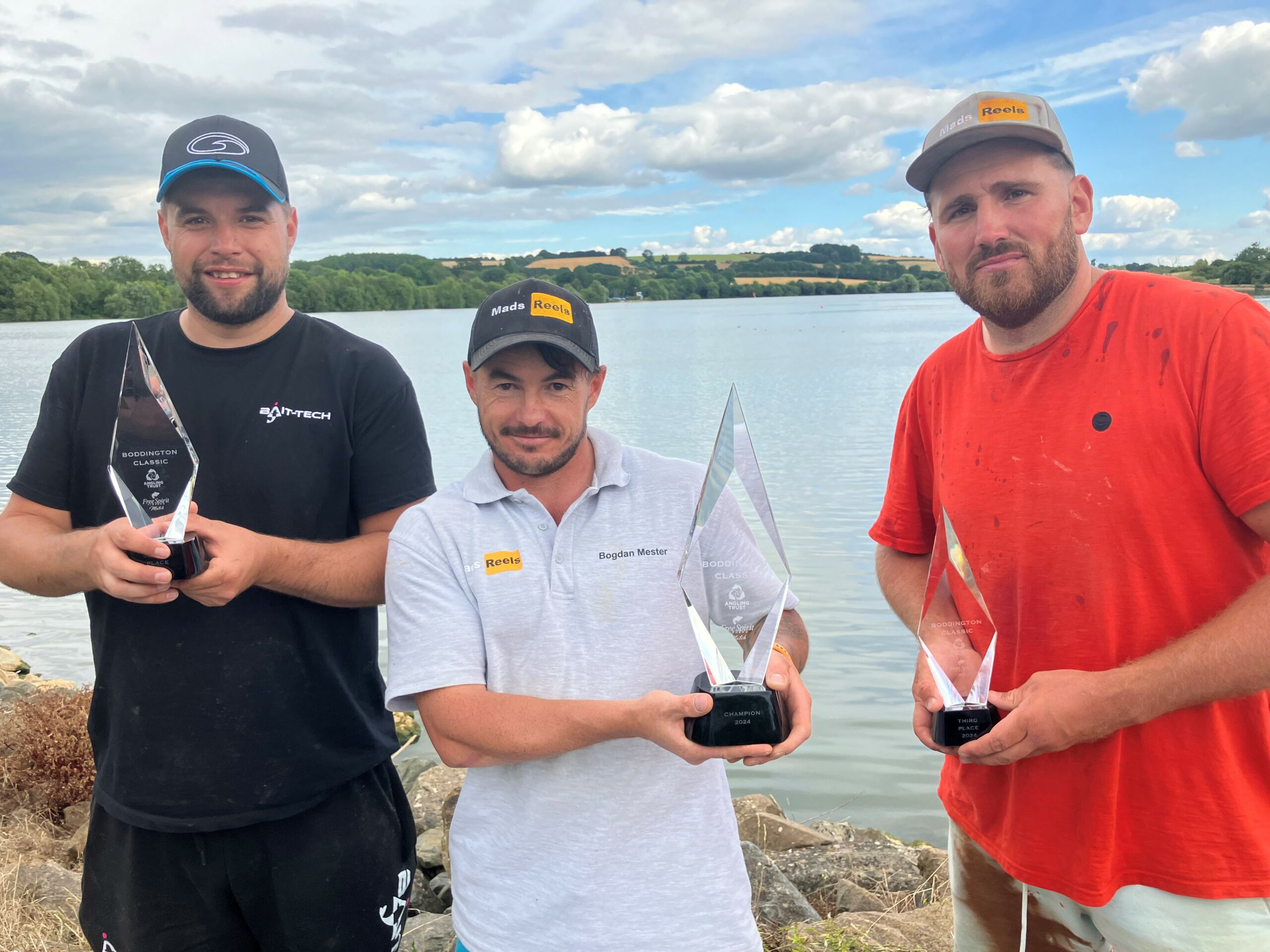
MESTER THE MASTER AT FREE SPIRIT MATCH BODDINGTON CLASSIC…
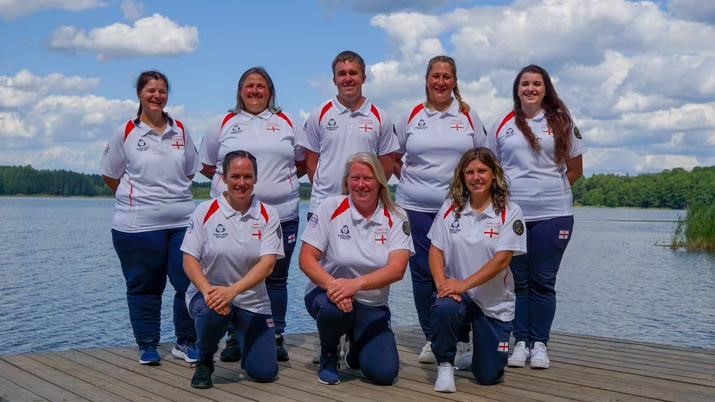
ENGLAND LADIES CARP TEAM MISS MEDAL ON TOUGH LATVIAN…

Angling Trust urges government to go further and faster…
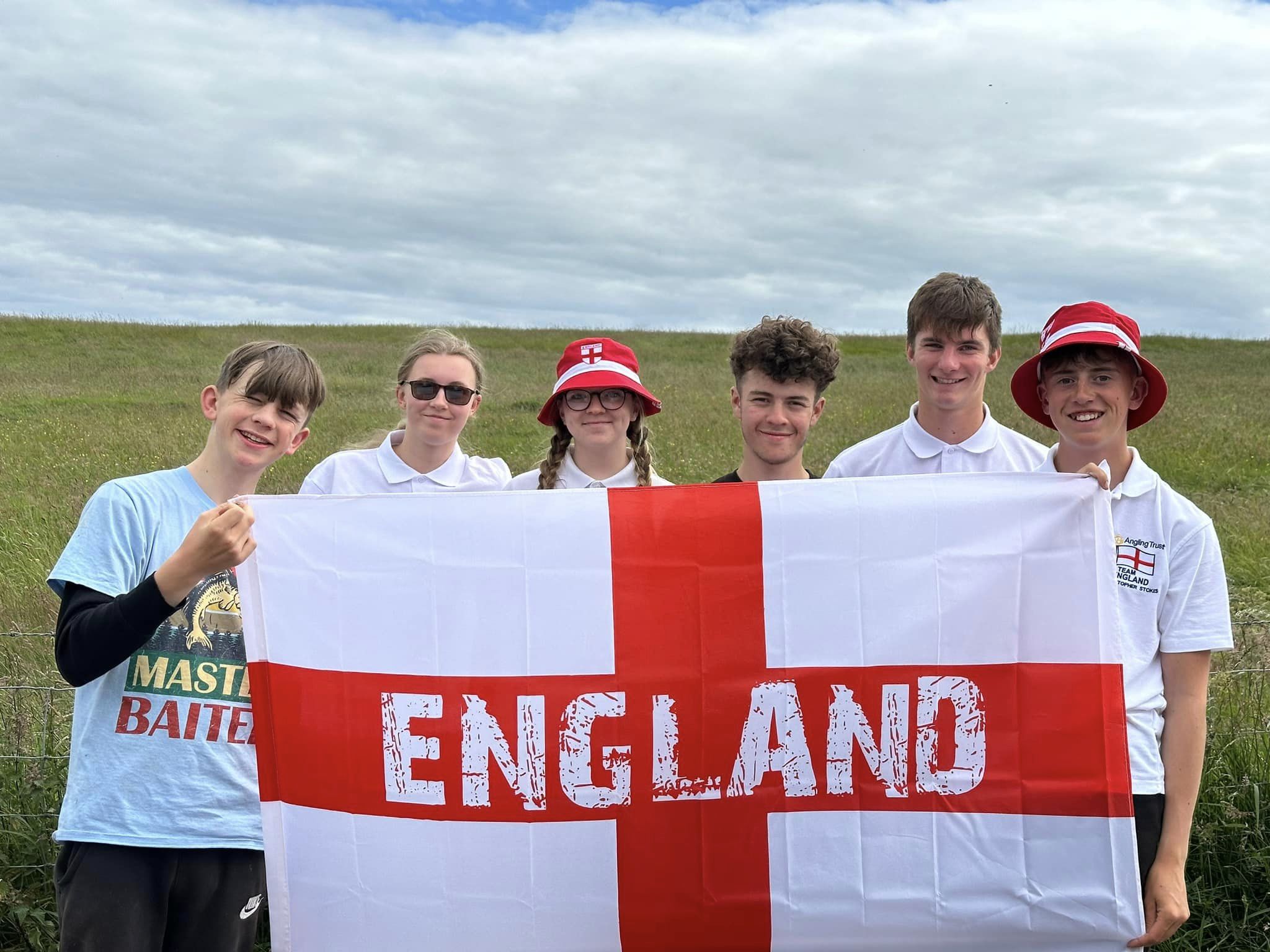
ENGLAND YOUNG GUNS LEAD THE WAY IN HOME NATIONS…
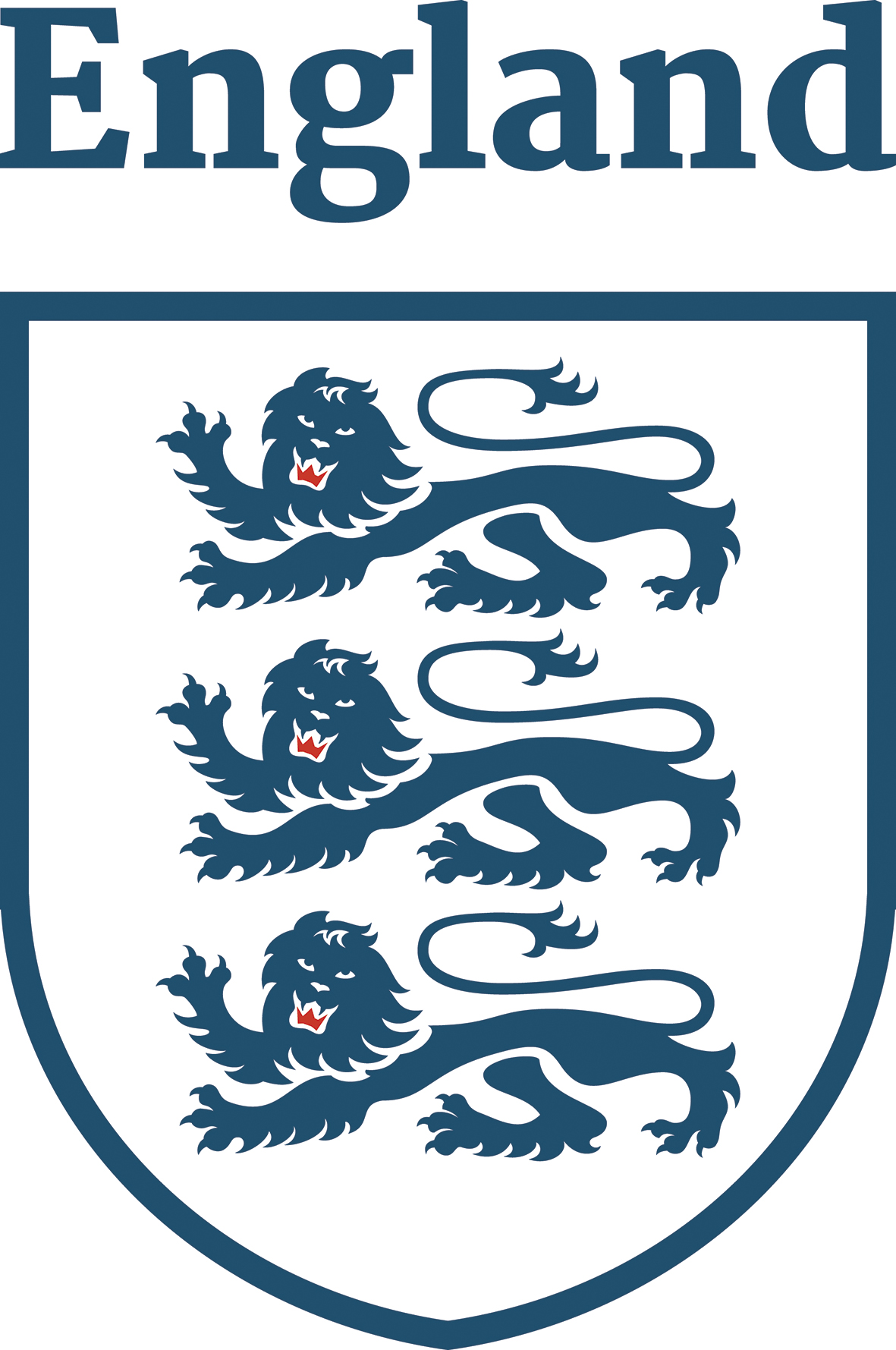
AMAZING ENGLAND COMEBACK SECURES EURO CHAMPS BRONZE
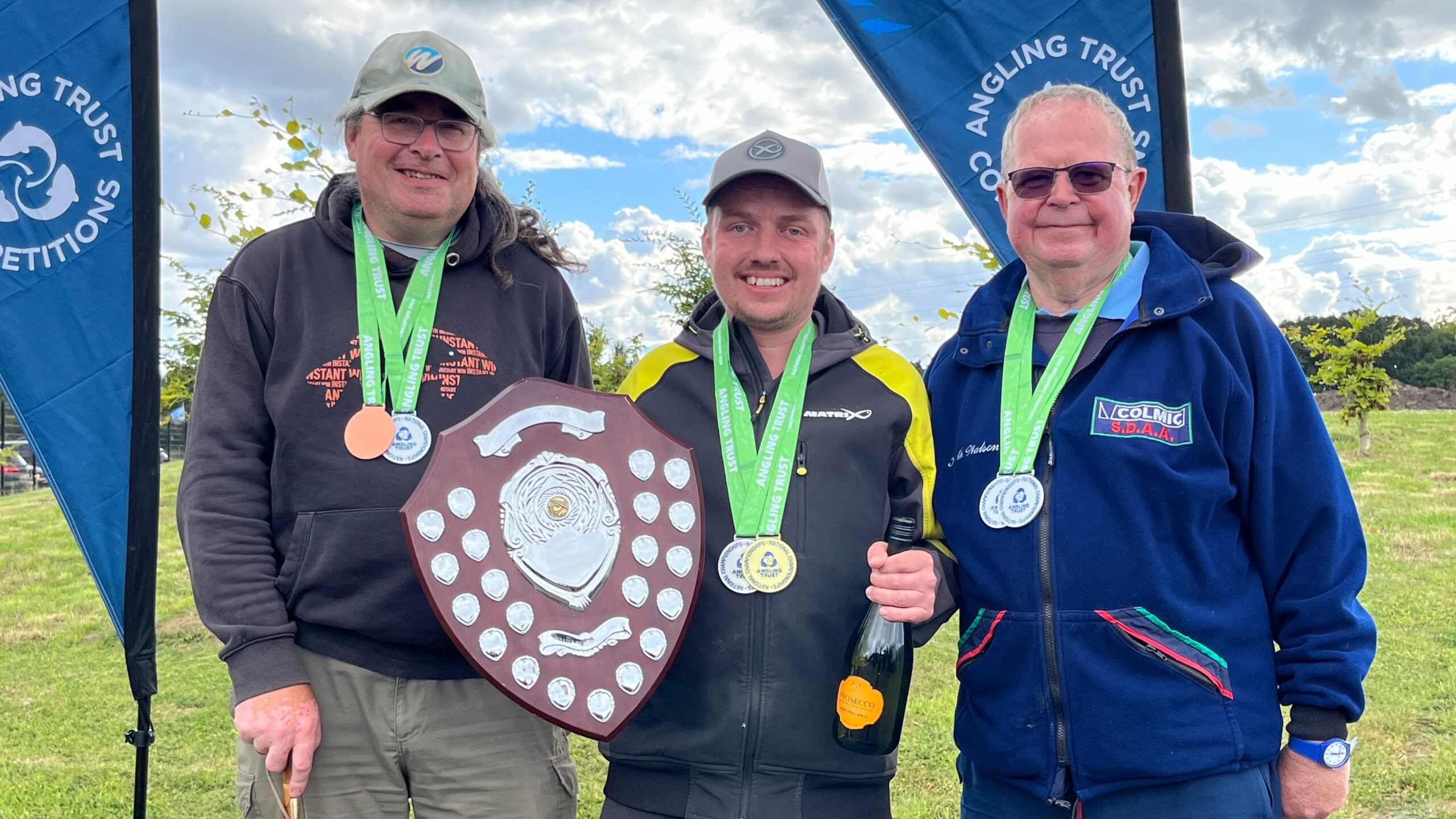
ELLIOT BAGS THIRD NATIONAL WIN AT MARSTON!
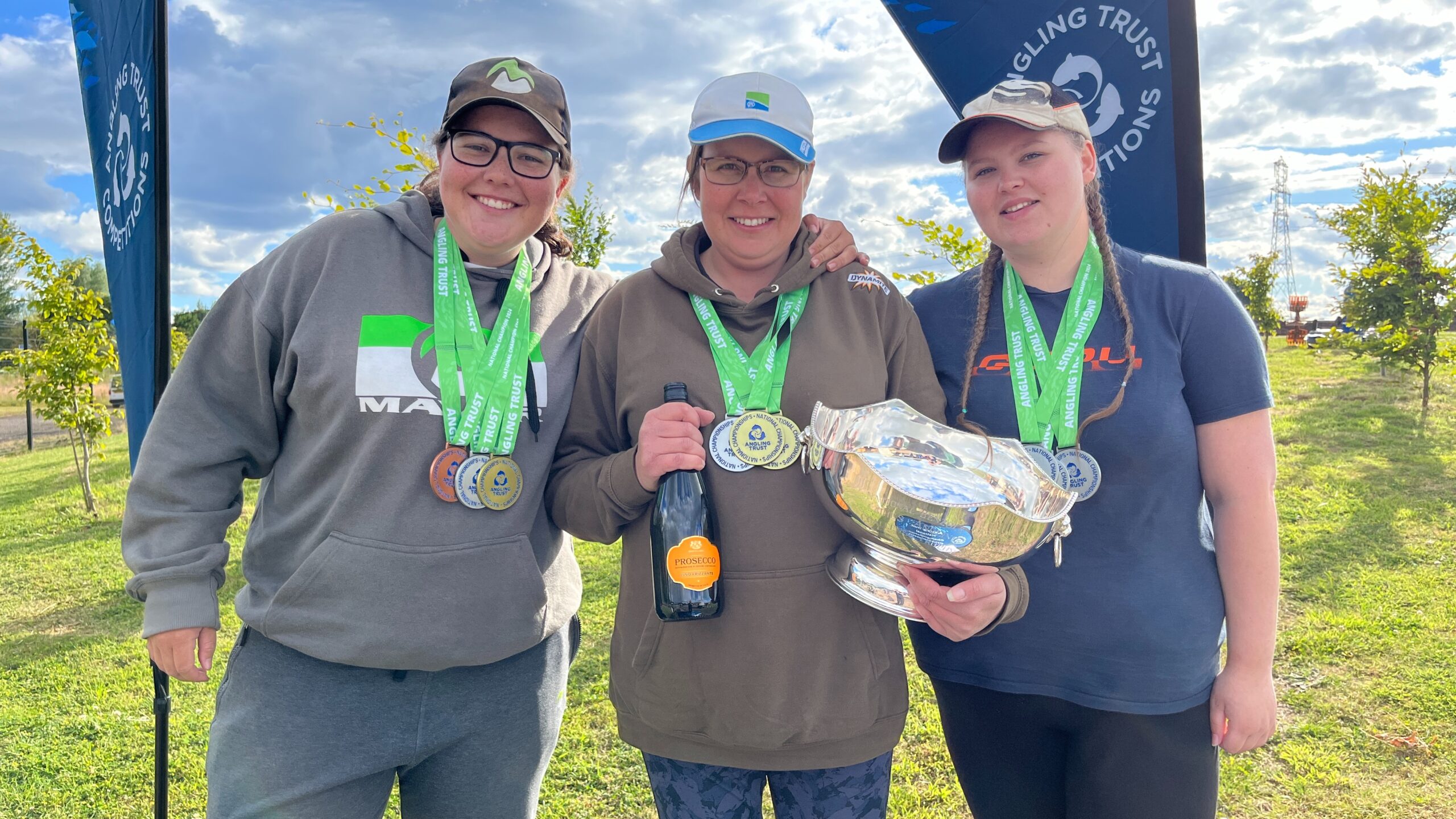
PATIENT APPROACH WIN WOMEN’S NATIONAL FOR LEANNE!
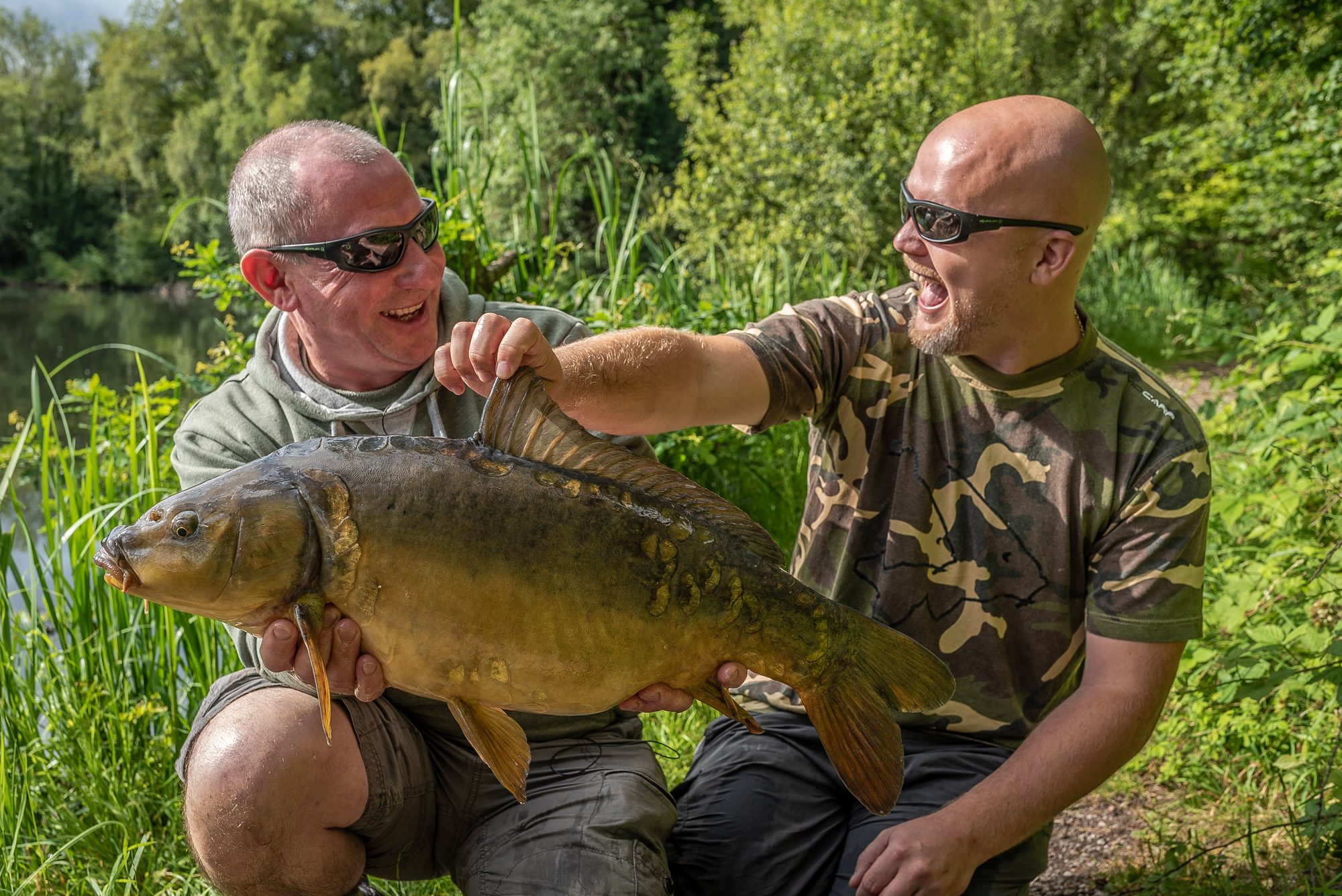
Take a Friend Fishing
27th July to 1st September…









